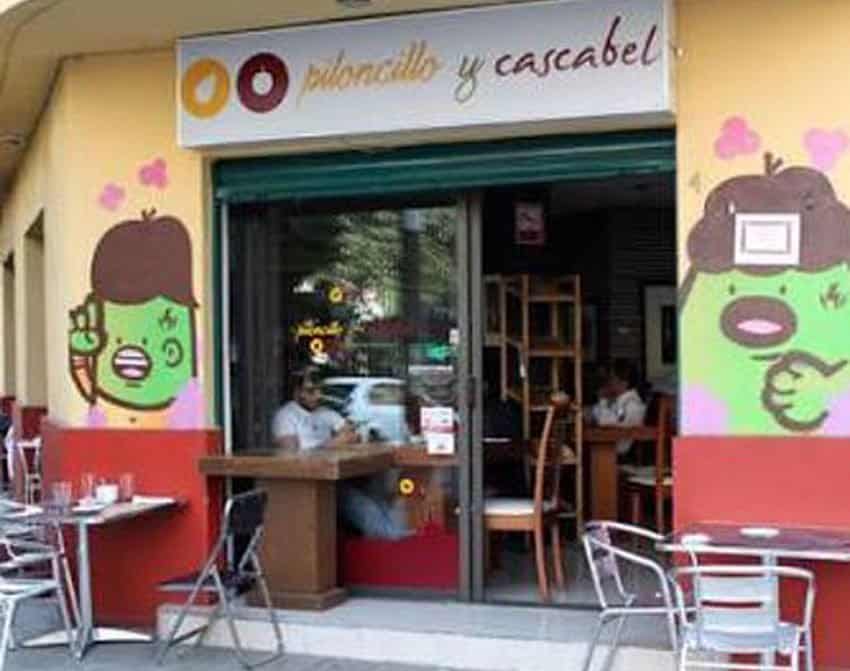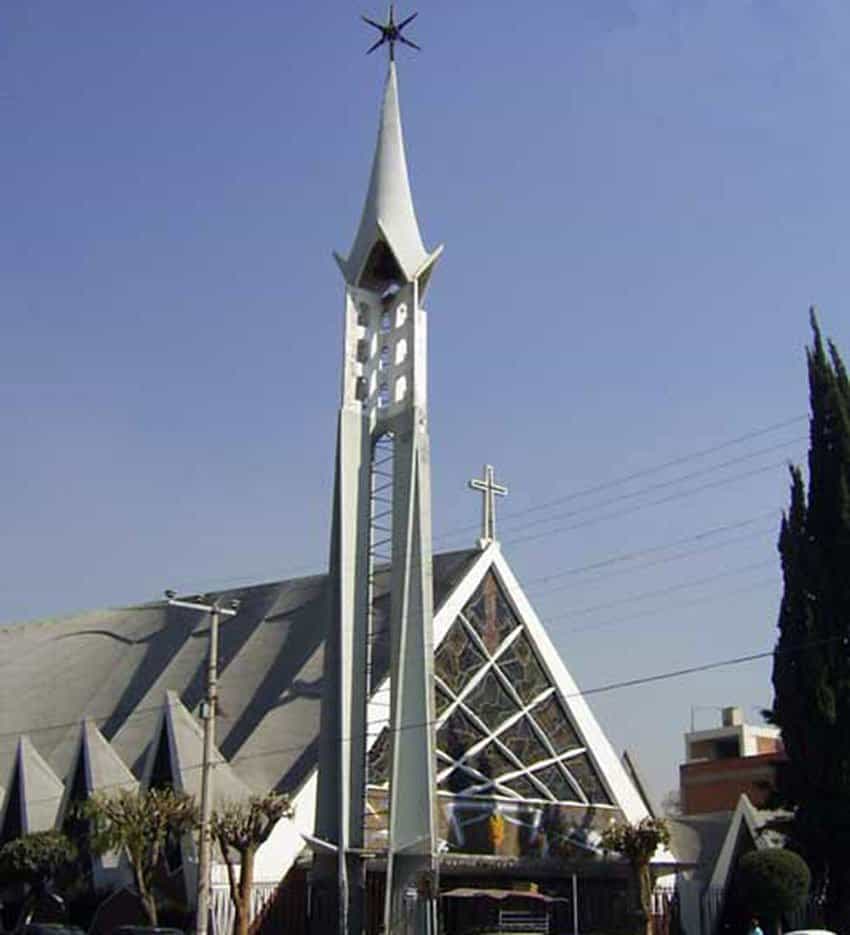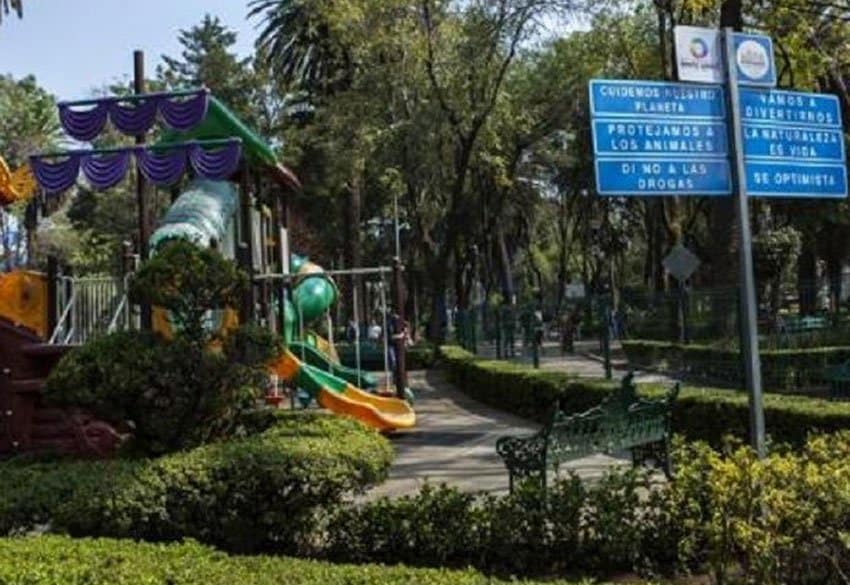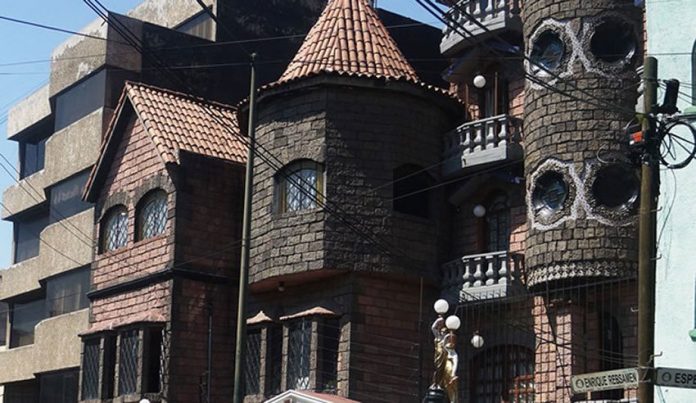Mexico City’s growing popularity in the last 10 years has meant that return tourists look farther and farther afield for new neighborhoods to explore and hidden culinary gems to discover — they have an unquenchable thirst for more, more, more of Mexico’s capital.
This is great news for some previously overlooked colonias (neighborhoods) in Mexico City. While Polanco, Roma and Condesa have all had their heyday, neighborhoods like San Rafael, St. Maria de Ribera, Colonia del Valle and Colonia Narvarte are just now starting to be looked upon with fresh eyes.
Colonia Narvarte sits just across from Colonia Roma on the other side of the bustling Viaducto highway. The major avenues that cross it, connecting these two neighborhoods, were once simple wooden bridges, just wide enough to carry a single automobile across what was then the Piedad river.
The Narvarte neighborhood was built atop the Nalvarte Hacienda, originally owned by Don Felipe José de Nalvarte towards the end of the 18th century. It was later purchased by the Escandón family — wealthy Mexican elites that gave their name to another nearby neighborhood.
Right after the Mexican Revolution, José Escandón, then owner of the hacienda, began to divide the property for residential purposes, a job that was officially finished by a United States businessman named Herbert Lewis when he bought up the remaining land.

The layout of the neighborhood has its orderly rectangle streets cut through with several long, diagonal avenues with large medians and wide sidewalks. Here you’ll find almost none of those early Art Deco mansions that can be seen in Roma or Condesa, but instead functionalist or Streamline Moderne apartment buildings line the major avenues (which is not to say that there aren’t some stunning pieces of architecture), part of the modern architectural movement in the 1940s when Narvarte was being developed.
Today’s Narvarte is cut into pieces by heavily-trafficked avenues, but still has pockets of residential charm, particularly the length of Pitagoras avenue from Division del Norte to Obrera Mundial and around the Las Americas park.
There is also a growing crowd of young Mexican entrepreneurs who found it too expensive to set up shop in Roma or Condesa and are converting the Narvarte into their own bohemian hangout.
Third-wave coffee gurus AlmaNegra were one of the first to set up shop on Universidad street, but by spreading the coffee fever they have been joined by Tesler, Café Maria and Black Rabbit. And what goes better with coffee than handmade pastries and baked goods from one of the new, European-style bakeries Pan Nube and Costra?
Add to the mix artisanal ice cream from Bigotes de Leche and you have yourself a day of delicious gluttony.
While a few gourmet-leaning restaurants have opened in Narvarte (think Piloncillo y Cascabel), the neighborhood’s most popular meal is still tacos. Tacos are on every corner and along every street here, partially owing to the fact that the area is still working middle class and there is massive demand for quick street food from office and construction workers during the day.

Along Obrera Mundial or Cuauhtémoc avenues are delicious temptation after delicious temptation, but a few spots stand a head above the rest. El Vilsito, a mechanic’s shop by day, taco stand by night, or Taquería Don Frank right outside the small Narvarte market are two to try.
During the day, the entire Etiopia roundabout (Ethiopia has a Mexico roundabout as well, stemming from the two countries close ties beginning in the 1950s) is swarming with stands serving everything from Puebla-style cemita sandwiches to Michoacan-style carnitas tacos.
It’s a street food wonderland and you get your pick. Because so much of the food in the neighborhood caters to locals, there is also a large swath of international cuisine (Pinche Gringo American-style BBQ, Quiero Pizza, Ela Gyros, the Balkan Grill) and dozens upon dozens of comida corrida joints (set price lunches).
For a day that doesn’t completely revolve around eating, the neighborhood is pleasant for walking (minus the massive avenues) and there are even a few gems to stumble upon if you keep your eyes open.
The Las Americas park is Narvarte’s biggest green space and has several cute coffee and juice shops around the perimeter. In the middle of the park sits a tiny outdoor amphitheater that presents plays and shows al fresco.
A couple of must-see buildings are the tower of the Secretariat of Communication and Transportation, whose façade was decorated by Juan O’Gorman (of the UNAM campus library fame) and other young muralists when it was completed in the 50s.

The Templo de la Medalla Milagrosa, with its sharp steeple tower piercing the Mexico City sky, is a bracing example of the style of Mexican-Spanish architect Félix Candela from the mid-20th century.
Many of the streets of Narvarte are named after the country’s archaeological sites (Uxmal, Petén, Xochicalco, Zempoala, La Quemada, Tajín, Palenque, Mitla) and along them you will find lots of adorable examples of early California colonial architecture, something rare in other parts of the city.
Hidden among them (on Pitágoras, between Esperanza and Obrero Mundial streets to be exact) is an altar to the Santa Muerte erected by a father grateful for the salvation of his son from a motorcycle accident, and the the Mexican Sugar Art Museum (open by appointment only 555 523 7493 or 5523 8483), the life’s work of sugar artist Marithé de Alvarado.
The neighborhood’s glittering Parque Delta shopping mall was once the Parque de Seguro Social, the city’s main baseball stadium hosting the rival Diablos and Tigres for decades. It was a used as a temporary morgue in the aftermath of the 1985 earthquake and forever after was condemned to be a spectre in the minds of locals.
The 2017 earthquake also hit this neighborhood and its sister colonia Del Valle particularly hard. The scars of damaged and demolished buildings can still be seen as you walk its streets.
While the Narvarte doesn’t have as much upscale nightlife as Roma or Condesa, there are lots of taco stands and bars, and two particularly good evening drinking options – Beer Bros and Hop 2 – serving excellent local craft beer.
Beers Bros is a tiny hole in the wall with about 20 or so local beers on tap and picnic tables out front. Hop 2 has 52 beers on tap, a massive beer garden, big screen TVs and a food truck selling pub food like chicken wings and pizzas. Both draw a crowd and quench a thirst.
If touristy is what you want stick to the beaten path. If novelty and neighborhood ambiance is what you crave, come to Colonia Narvarte.
Lydia Carey is a freelance writer based in Mexico City.
